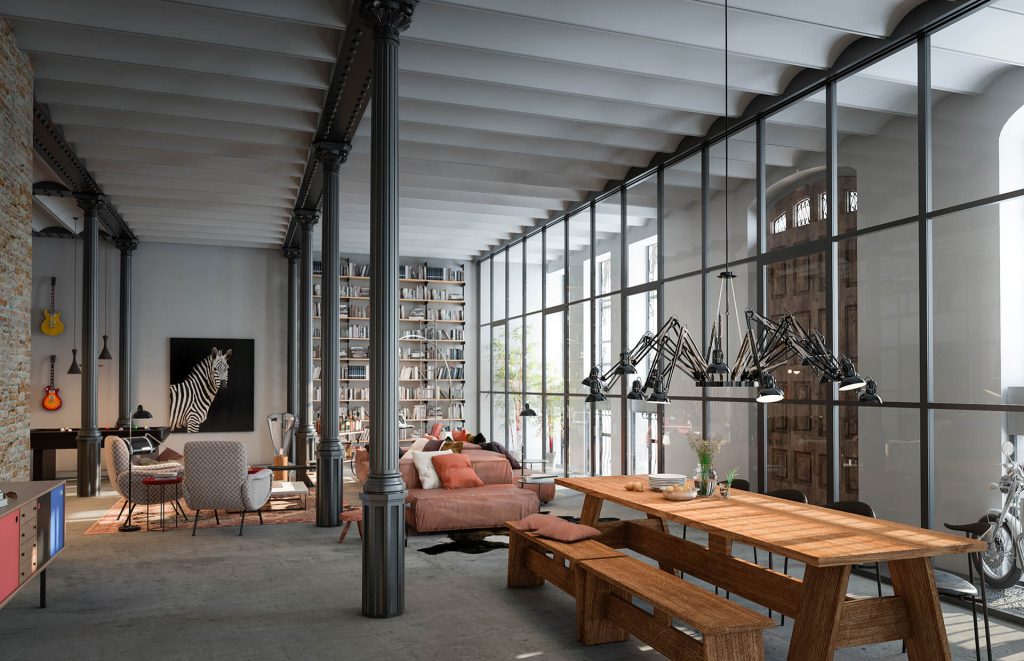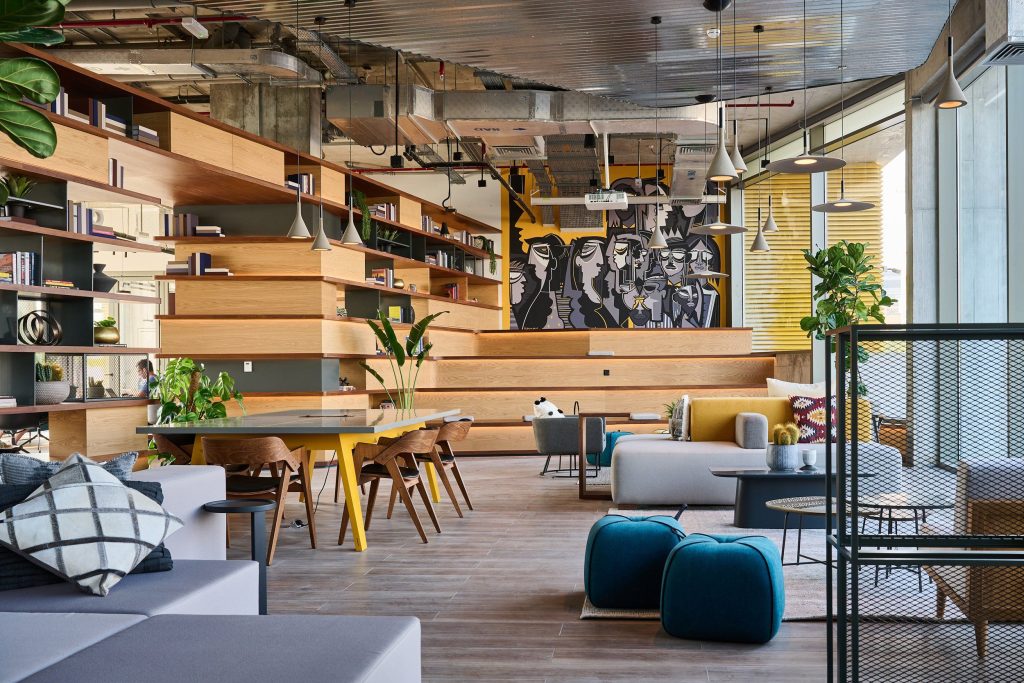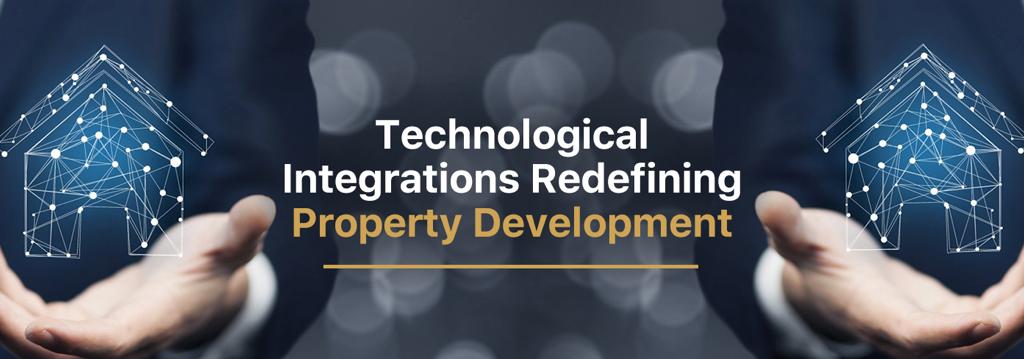Luxury Co-Living Spaces: A Catalyst for Diaspora Investment
In recent years, a new trend has been reshaping the landscape of urban living: luxury co-living spaces. Combining the convenience of shared amenities with the exclusivity of upscale accommodations, these innovative residential offerings are gaining popularity worldwide. Moreover, they are not only attracting local residents but also capturing the attention of diaspora communities seeking investment opportunities in their home countries. Let’s explore how the rise of luxury co-living spaces is fueling diaspora investment and reshaping the real estate market.

- The Evolution of Co-Living:Co-living has evolved from a niche housing concept to a mainstream lifestyle choice, particularly among young professionals, digital nomads, and urban dwellers seeking community and convenience. Luxury co-living spaces take this concept to the next level by offering high-end amenities, designer interiors, and curated experiences that rival traditional luxury apartments and hotels.

- Appeal to Diaspora Investors: For members of the diaspora, luxury co-living spaces represent more than just a place to live; they offer a tangible opportunity to invest in their homeland while enjoying the benefits of upscale living. Many diaspora investors are drawn to these projects not only for potential financial returns but also as a means of contributing to the development of their home countries and fostering connections with their cultural roots.

- Diversification of Investment Portfolios: Investing in luxury co-living spaces allows diaspora investors to diversify their portfolios beyond traditional asset classes such as stocks and bonds. Real estate, particularly in emerging markets, offers the potential for capital appreciation and passive income streams, providing a hedge against economic volatility and currency fluctuations.

- Partnerships and Collaborations:Developers of luxury co-living projects are increasingly seeking partnerships and collaborations with diaspora investors, recognising the value of their financial resources, expertise, and cultural insights. By involving diaspora communities in the planning, design, and marketing of these properties, developers can create spaces that resonate with the tastes and preferences of both local and international clientele.
- Social Impact and Community Development:Luxury co-living spaces can have a transformative impact on their surrounding communities, fostering economic development, job creation, and social cohesion. Diaspora investors,

who often have a deep connection to their homeland, are uniquely positioned to drive positive change through their investments, supporting sustainable development initiatives and empowering local entrepreneurs.

Belmonte, a luxurious high-rise in Ikoyi, Nigeria, epitomises the co-living trend. Rising over 20 floors, it offers 40 exquisitely designed apartments with modern amenities. Its double-height reception, clubhouse, steam and sauna facilities, executive lounge, gym, and infinity-edge pool redefine urban living. Belmonte’s appeal lies in its suitability for co-living, fostering community while providing privacy. In Ikoyi, a hub for upscale living, Belmonte attracts Nigerian diaspora investors, offering a communal yet refined experience. It’s prime location near business hubs and cultural landmarks enhances its allure. As diaspora investment surges, Belmonte showcases the symbiosis between luxury living and investment potential in co-living spaces.









